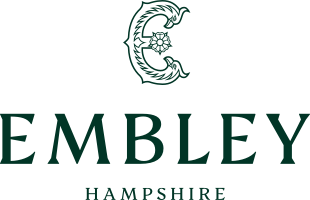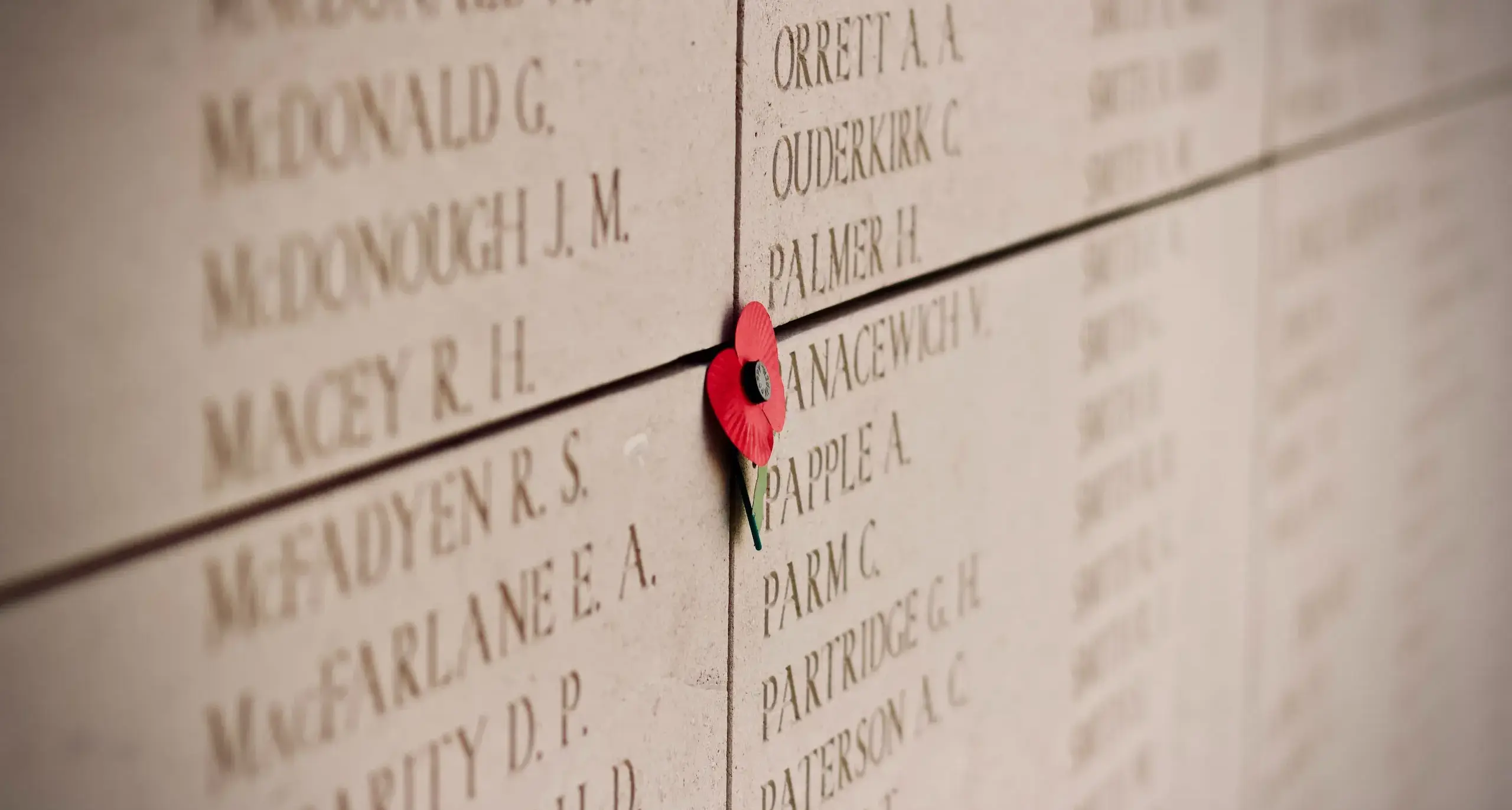Last week, we marked the Remembrance of those who gave their lives in the service of others. Opening our Service, I recalled the memory of John Henry Roberts. I shared some of his story with the school at last year’s Remembrance Service and had subsequently been contacted by his grandson.
The contact was certainly unexpected, but served to illustrate that behind every statistic, behind all the numbers, are real lives and people for whom those who have died were loved and dear to their hearts. Perversely, it is our shared loss that unites conflicting parties.
I have been and left the children considering what that sacrifice was for? Why is remembering important? At one level there is the personal connection with loss of loved ones, at another the sense of there being a higher purpose; something worth the ultimate sacrifice. But is the act of remembering simply an intellectual exercise or something else? I take the view that it has to be something else because those who passed did so for something better, they gave their tomorrow for our today.
In William Blake’s words, what sort of Jerusalem have we been busy building? What would we build? For what sort of tomorrow did they give their today? I challenged the community to think carefully about the littleness of our disagreements, the petty arguments, differences, indifferences, and failings that as human beings we are heir to and to set them against a backdrop of significant sacrifice. How do they stack up? What is worth holding a grudge for or over?
This week some Politics students have been presenting their findings around questions of identity and freedom of expression to the school community. I had the very great pleasure of being interviewed by them as part of the preparation. As an aside, there are few moments I value more than those where I engage with the children on matters that are weighty and difficult. Their openness, critical acumen and advocacy are always rewarding. In the matter of free speech, I am long enough in the tooth to consider that while knowing what to say may be knowledgeable; knowing when to say it is wisdom. The freedom I have to move my fist stops where your nose begins, I have a responsibility when I speak to the listener as a human being of value and worth for no reason other than their being a human being and thereby intrinsically valuable. That responsibility exists regardless of my view of the content of their argument. Did John Henry Roberts lose his today so that we are nice to those and only to those who are nice to us? That we are respectful to those who take our side or hold our view? It would be a jaundiced freedom if he did. Is that the Jerusalem we seek?
In the matter of identity and worth we touched on uniform and adornments amongst other topics. Questions around identity are par for the course as adolescents navigate their way, inventing and reinvent themselves. Working out how best to be part of and apart from the group is complex and intricate as is the navigation of boundaries and the crossing and re-crossing of them. There is no moment quite as immediate in the articulation of one’s sense of individuality as when something goes wrong. What to do?
The simple answer is to own it. Making mistakes is part of being human, trying to run away from them and shift attention is also a fairly common tack. The latter approach is inauthentic, it refuses to address reality, just as reality has parked its wagon on your drive. The scenes we see played out on the news, through all of the mechanisms of social media suggest that some of those in leadership positions in society adopt a ‘so what’ approach. ‘It’s not my fault’ or ‘I was under pressure’, ‘something affected the balance of my mind’. ‘I didn’t break the rule I created’. What happened to taking personal responsibility? What happened to putting your hand up and saying, ‘Yep, it’s on me; I got that wrong’? You might say it is an attempt to avoid consequences; but that doesn’t add up. There are consequences either way. The immediate response should be to act to fix it. Put it right, to seek to heal the wound. The alternative is to embed a notion of blamelessness: ‘it is never my fault’ or ‘if I’m involved there is someone else to blame or everyone was doing it so, even if it’s wrong, I can’t be at fault’. One of the hardest things a parent will do is to see their child make a mistake and let them take the consequence; hard, tough, yes but necessary. Why? Because it is true; it is authentic and builds the sort of character that can be trusted and trusting in turn. That builds the capacity to recognise that self-worth is not based on avoidance but honest recognition, that to build authentic relationships in this world you need to be good for your word. The habit of honesty will carry you when the going gets tough and surround you with trusting support because you are trustworthy, literally worthy of my trust.
So the challenge of a new Jerusalem as posed by William Blake is simple, it was never complex. Understand others as intrinsically valuable for no other reason than they share a common humanity; act in the service of their freedom while exercising your own. Be authentically you, give your word and keep it, acknowledge what you do, take responsibility and in trusting yourself you become worthy of the trust of others. I said it was simple, I didn’t say it is always easy. Both take courage; will and a commitment to build a new Jerusalem. Isn’t that why we remember?
MORE BLOGS —
Parent wants
Been a busy few weeks – though when isn’t it? I have spent quite a bit of time speaking with Prep School Heads.
Bridges
In January 1942, in a small suburb just outside Berlin, a group of engineers, scientists and logicians gathered to map out a strategy that would change the face of Europe.




